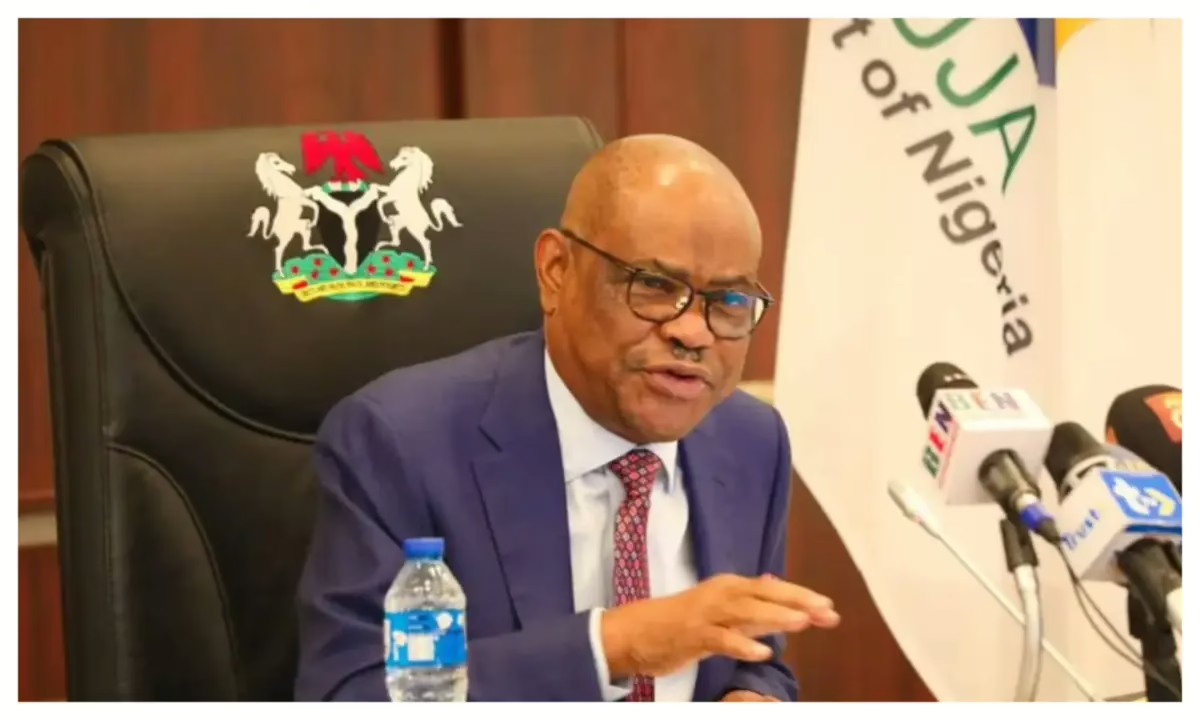Island in Crisis: The Ongoing Water Emergency Threatening Lives in Lagos
“My skin began to burn and itch intensely, and the rashes only worsened. I had no choice but to stop using the water-it felt like it was harming me,” recounts a resident affected by the contaminated water supply.
The Hidden Danger Behind Lagos’s Water Challenges
Despite significant financial investments aimed at improving water infrastructure, Lagos continues to grapple with a severe water shortage that jeopardizes the lagos-govt-reopens-oko-oba-abattoir/” title=”… govt reopens Oko-Oba Abattoir”>health and wellbeing of its inhabitants. The city’s rapid urbanization and population growth-now exceeding 25 million-have placed immense pressure on existing water resources, leading to widespread reliance on unsafe alternatives such as boreholes and wells.
Health Implications of Unsafe Water Sources
Contaminated water has become a silent threat, causing skin ailments, gastrointestinal diseases, and other health complications among Lagos residents. Recent studies indicate that over 40% of households in certain districts depend on untreated groundwater, which is often polluted with industrial waste and sewage. This reliance exacerbates the risk of waterborne illnesses, particularly among vulnerable groups like children and the elderly.
Efforts and Obstacles in Addressing the Crisis
While government agencies and international partners have allocated millions of dollars toward water projects, challenges such as inadequate maintenance, corruption, and infrastructural decay hinder progress. For example, the Lagos State Water Corporation’s recent initiative to expand pipe-borne water coverage has faced delays, leaving many communities underserved.
Innovative Solutions and Community Involvement
Some local organizations are pioneering sustainable approaches, including rainwater harvesting and community-managed filtration systems, to mitigate the crisis. These grassroots efforts, combined with increased public awareness and policy reforms, are crucial to ensuring safe and reliable water access for Lagosians.
The water crisis in Lagos is not just an infrastructural issue but a pressing public health emergency that demands urgent, coordinated action to protect millions of lives.


















0 Comments